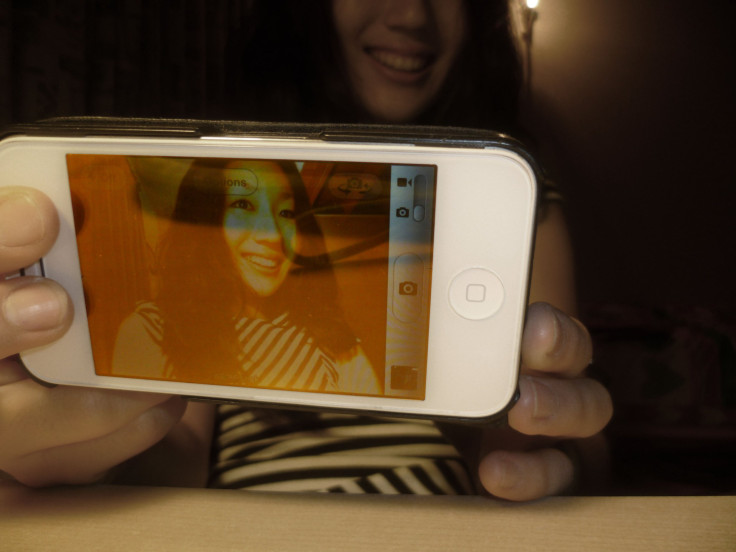iPosture: 84% Of Young Adults Getting Back Pain From Using iPhones, iPads, And Other Mobile Devices

Some 84 percent of young adults in the United Kingdom say they’ve suffered back pain during the past year, believed to be caused by poor posture from using mobile devices.
Typically a problem for older people, a preponderance of young adults ages 18-24 reported mostly lower back pain in a survey conducted in September by health care provider Simplyhealth. Tellingly, the same survey indicated that most adults, of all age groups, spent as much time hunched over a computer, tablet, smartphone, or other digital device as they spent sleeping.
“The vast majority of people experience lower back pain,” Brian Hammond, chairman of BackCare, a nonprofit health advocacy group in the UK, told reporters. “Over half the population experience pain in the neck or lower back every year.”
Hammond said rising numbers of people experiencing lower back pain may be attributed to poor posture while using digital devices, a phenomenon some have dubbed “iPosture," which is also the trademarked name of a medical device alerting users to poor posture. During the past year, younger adults lost 1.5 more days of work from back pain, believed to be caused by increased use of computers, particularly mobile devices. Whereas people 55 and older spent some 6.64 hours per day in front of a computer screen, typical younger adults spent as many as 8.83 hours per day using computers and other digital devices. These hours did not include time spent viewing traditional television alone, without using a computer or other mobile device.
“This survey shows that 18 to 24-year-olds are more likely to experience pain in the upper back and neck,” Hammond said. “It is likely that slumping and hunching over computers and handheld devices is a contributory factor in the different types of back pain reported by different generations.”
Younger people are also far more likely to spend their screen time hunched over a mobile device while sitting on a couch, with little consideration toward proper posture. Whereas nearly three-quarters of older adults recall admonishments from parents and teachers concerning proper posture, two-thirds of parents today acknowledge that they are far less likely to give such advice to their children — or perhaps even to take it.
In an interview with the Daily Mail, British etiquette expert Jean Broke-Smith, principal of the Lucie Clayton School of Grooming and Modeling, advised a return to what some might call good old-fashioned horse sense.
“Although it has been decades since people learned good posture at finishing schools, the time seems right to recognize its potential to help younger people avoid the risk of back pain associated with increasing use of handheld devices,” she said. “Being aware you are slouching or hunching over your tablet or smartphone is half the battle. The other half is to counter this bad habit and the potential pain it can generate by always sitting up with a straight back with your device in a comfortable position at a reasonable height in front of you.”
In the United States, back pain — and lower back pain, in particular — is the most common neurological disorder affecting men and women equally. The condition may be caused not only by poor “iPosture” during computer hours, but also by poor “sleep posture” while resting, according to the U.S. National Institute of Neurological Disorders and Stroke.
Published by Medicaldaily.com



























